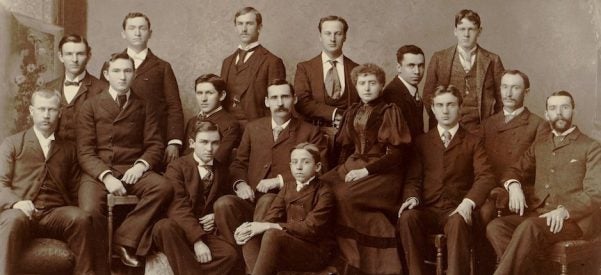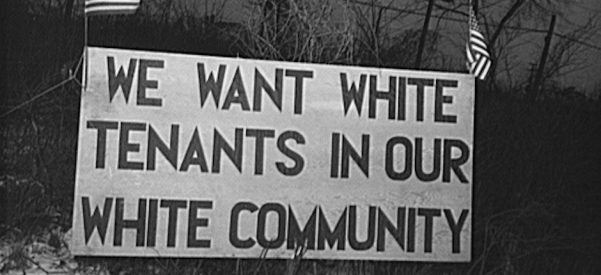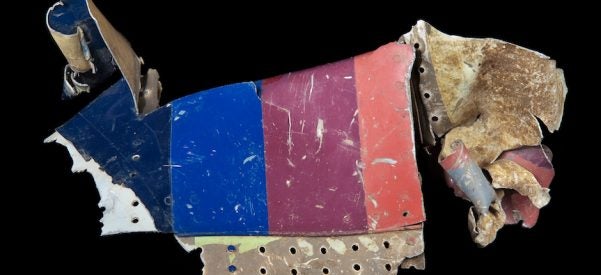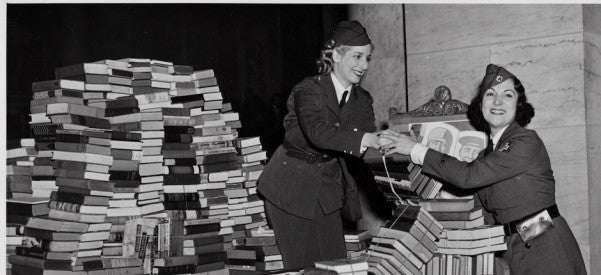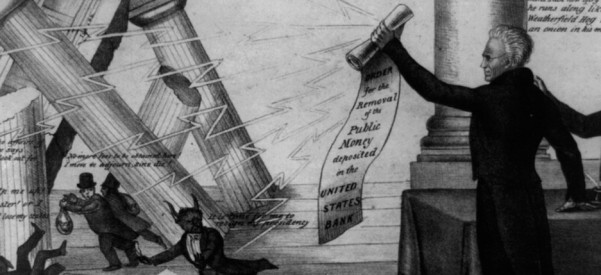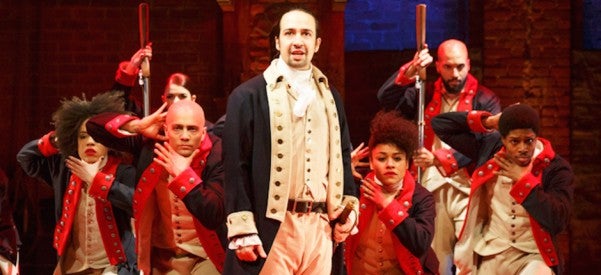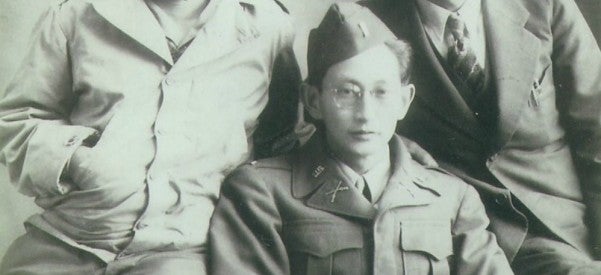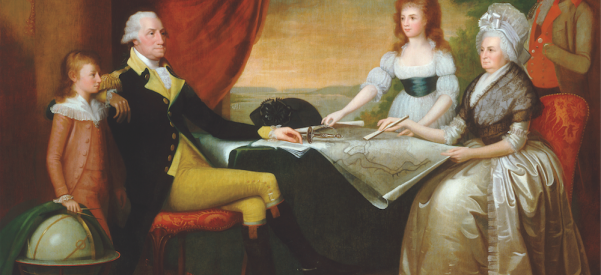How Attending Elite Universities Helped Mormons Enter the Mainstream
Through Higher Education, Latter-day Saints Joined the U.S. Meritocracy and Transformed Their Own Identity
The history of Mormon “Americanization” has long puzzled those who try to understand it.
In the last quarter of the 19th century, Mormons, under immense pressure from local and federal authorities, jettisoned their utopian separatism in favor of monogamy, market capitalism, public schools, national political parties, and military service. The question is, how can any human institution—much less a religion that historian Martin Marty has called the 19th century’s “most despised large group”—change so much so quickly?
The answer lies in understanding …


